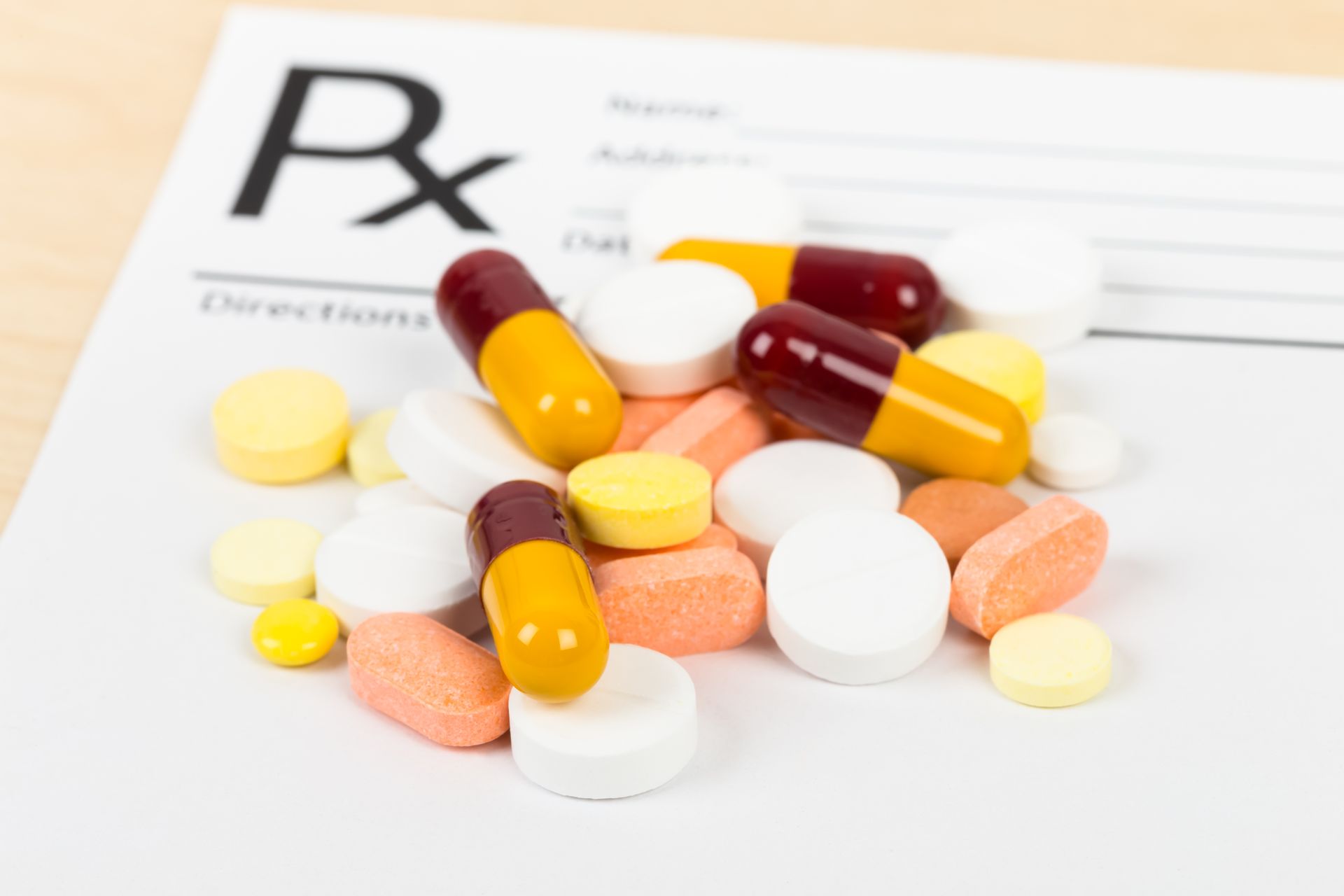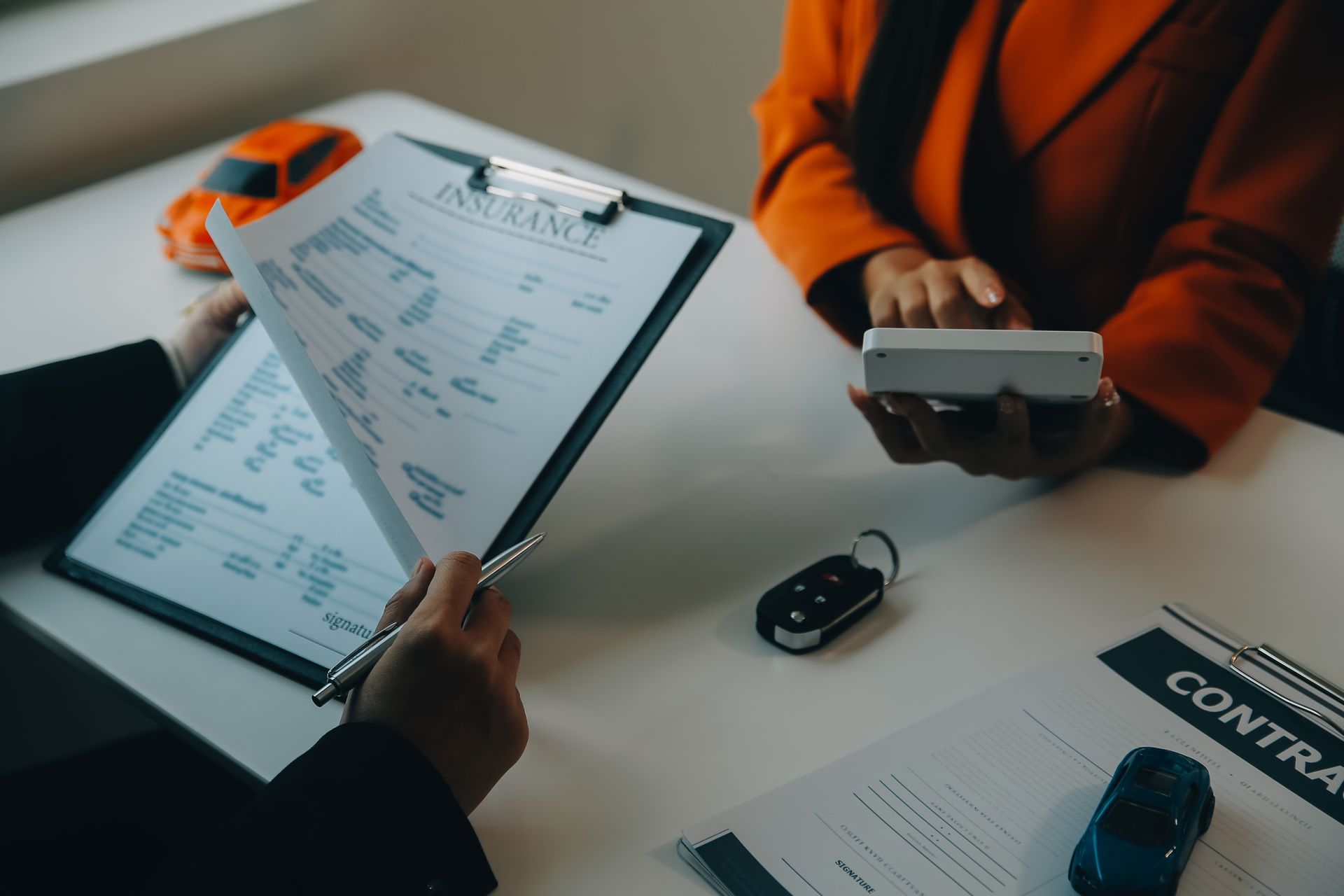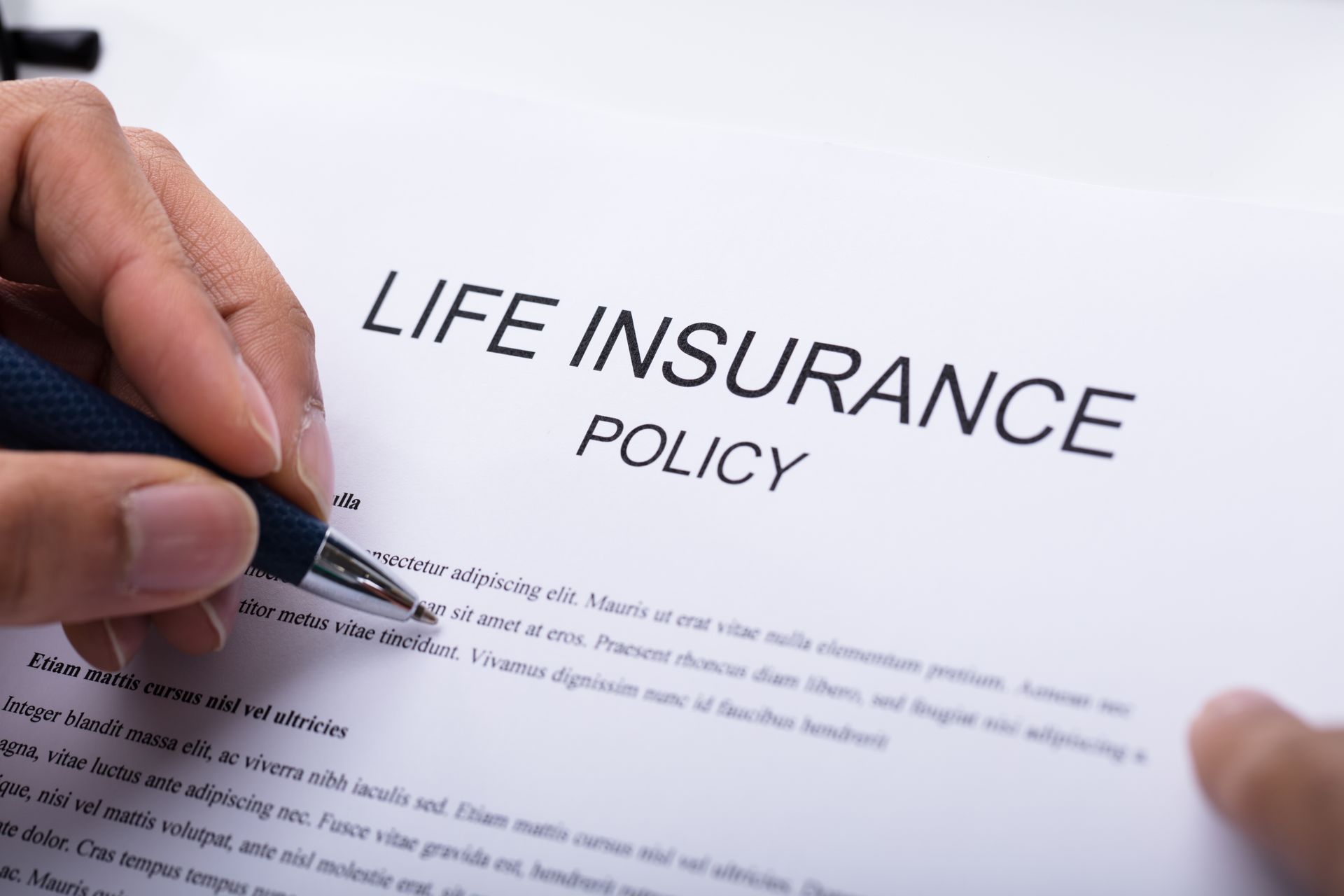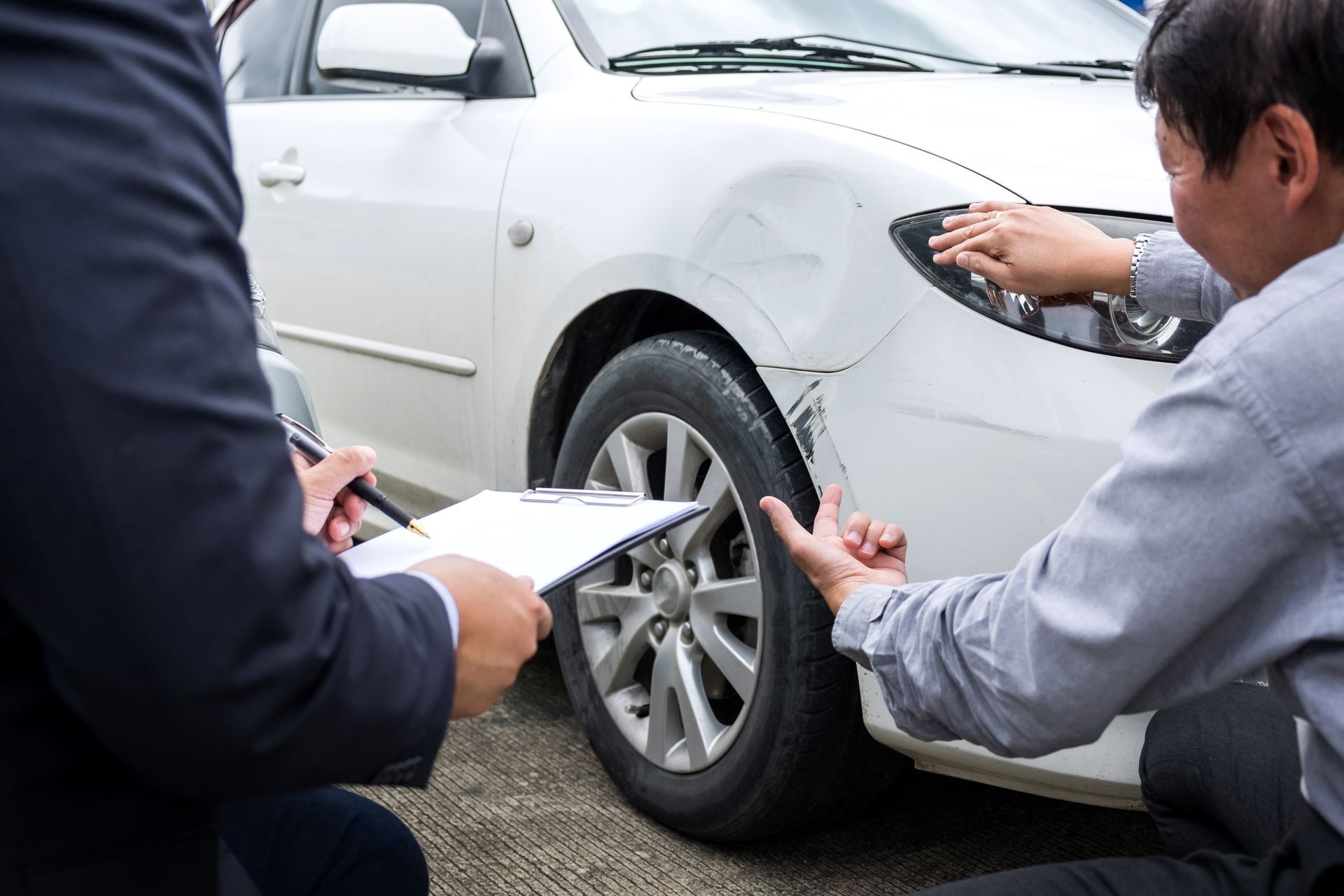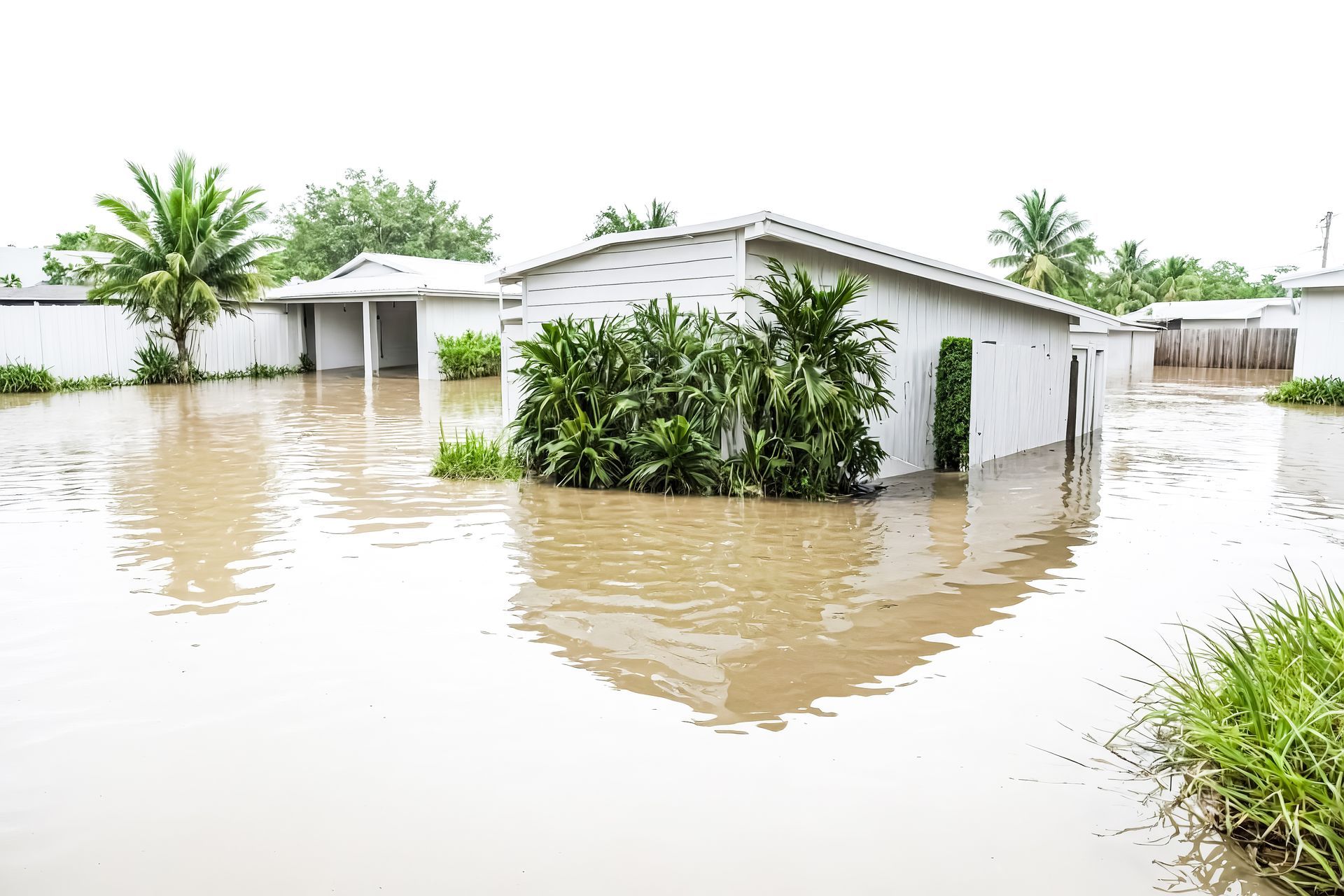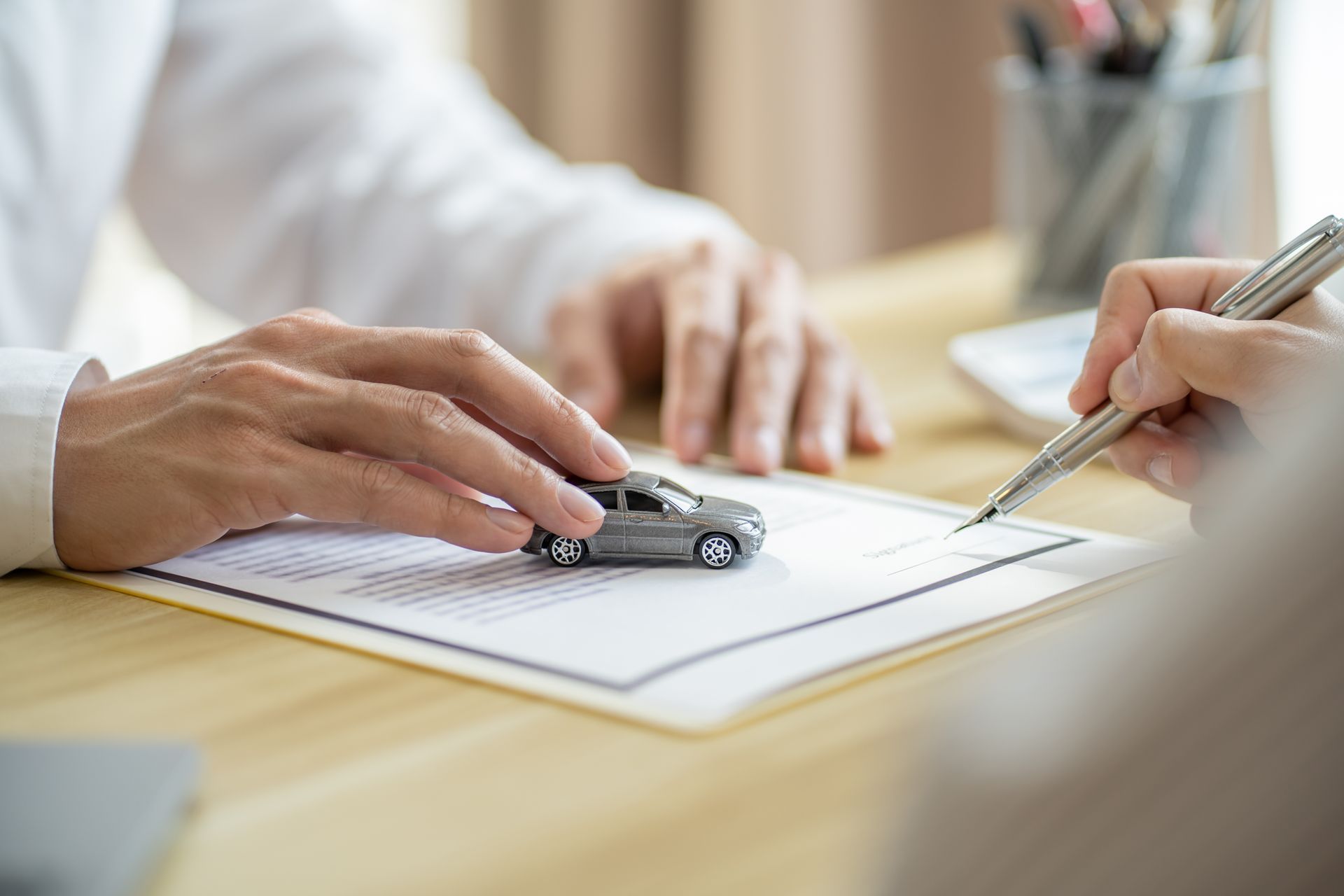Your Insurance Plan After a Car Wreck: A Sequential Guide
Whether a fender-bender or a major collision, car accidents invariably cause stress. In the aftermath, emotions run high, and it can be difficult to think clearly about what steps to take. However, knowing exactly what to do can help you stay safe, ensure proper documentation, and protect your insurance claim.
At Vicki Moore Agency, we understand the importance of being prepared for the unexpected. That’s why we’ve put together this comprehensive step-by-step guide to help you navigate the moments following a car accident. Whether you're in Athens, TN, or anywhere else, following these steps can make all the difference when filing an insurance claim.
Step 1: Ensure Safety First
Above all else, safety is the most important consideration after a car accident. Follow these steps to protect yourself and others:
- Check for injuries – Assess yourself and your passengers for injuries. If anyone is seriously hurt, call 911 immediately.
- Move to a safe location – If the accident is minor and your vehicle is drivable, move it to the shoulder of the road to avoid blocking traffic. If your car is too damaged to move, turn on your hazard lights to alert other drivers.
- Call emergency services – If there are injuries, significant vehicle damage, or road hazards, call the police. Even for minor accidents, it’s a good idea to request an officer to file an official report.
Step 2: Call the Police and Document the Scene
Having an official police report can be crucial when filing an insurance claim. In the event of police presence at the crash location, they are expected to:
- Assess the accident
- Collect statements from drivers and witnesses
- Having the police report number available aids in the claim's progression
If the police do not come to the scene, you may need to file a report at a local station. Regardless, be sure to document the accident yourself:
- Take clear photos of all vehicles involved, including license plates, damages, and any relevant street signs or signals.
- Get witness statements and their contact information.
- Write down your account of the accident while the details are fresh in your mind.
Step 3: Exchange Information with Other Drivers
Even if the accident seems minor, exchanging information is critical. Gather the following essential information from the other driver(s):
- Full name and contact details
- Insurance company and policy number
- Driver’s license and vehicle registration information
- Make, model, and color of their vehicle
- License plate number
Avoid discussing fault at the scene—let the insurance companies and authorities determine liability based on evidence.
Step 4: Notify Your Insurance Company
When you've relocated to a safe place and have all the data, reach out to your insurance provider. Vicki Moore Agency is here to help make the claims process as smooth as possible. When reporting the accident:
- Provide accurate details about what happened
- Submit photos and witness statements if applicable
- Share the police report number (if available)
- Ask about next steps for filing a claim
Your insurance provider will guide you through the claims process and let you know what documentation is required.
Step 5: Seek Medical Attention (Even If You Feel Fine)
It's possible for injuries like whiplash or internal trauma to be delayed in their symptoms. It’s a good idea to:
- Visit a doctor or urgent care for a check-up
- Keep medical records and bills for insurance purposes
- Monitor for delayed symptoms and seek care if needed
Step 6: Work with Your Insurance Provider on the Claim
Once you’ve reported the accident, your insurance provider will initiate the claims process. Here's what typically happens:
- Claim review – Your insurer will assess the damage, review the police report, and determine fault.
- Vehicle repairs – If covered, your insurance may provide a list of approved repair shops or allow you to choose one.
- Medical expense coverage – If you have medical payments or personal injury protection (PIP) coverage, it may help with medical bills.
- Settlement
– Depending on liability, your insurer may negotiate a settlement with the other driver’s insurance company.
Tip: Stay in contact with your insurance agent to track your claim status.
Step 7: Know Your Coverage Options
The ability to effectively manage an accident situation is greatly enhanced by knowing your insurance policy. Common coverages include:
- Liability Insurance – Covers damage to others if you are at fault.
- Collision Coverage – Helps pay for repairs to your vehicle.
- Comprehensive Coverage – Covers non-collision-related damage (e.g., theft, weather damage).
- Medical Payments/PIP
– Helps with medical bills for you and your passengers.
If you’re unsure about your coverage, Vicki Moore Agency is here to help. Contact us for a policy review to ensure you have the protection you need.
Contact Vicki Moore Agency for Reliable Insurance Support in Athens, TN
Accidents are stressful, but having a trusted insurance provider by your side can make all the difference.
Vicki Moore Agency is dedicated to helping drivers in Athens, TN, navigate the
auto insurance process with confidence. Whether you need to file a claim, review your coverage, or explore better policy options, we’re here to assist.
Call us today at
(423) 745-4341 for personalized insurance solutions that fit your needs. We also offer insurance coverage for
life insurance,
commercial properties,
Medicare,
workers’ compensation, and more.
FAQs
Do I need to report every accident to my insurance company?Do I need to report every accident to my insurance company?
While minor accidents may not seem worth reporting, it’s a good idea to inform your insurer. Some policies require all accidents to be reported, and failure to do so could impact future claims.
Will my insurance rates increase after an accident?
It depends on fault, claim history, and your policy. Some insurers offer accident forgiveness, but if you are at fault, your rates may rise.
What if the other driver doesn’t have insurance?
If you have uninsured motorist coverage, your policy may cover damages and medical expenses. Otherwise, you may have to pay out-of-pocket or take legal action.
How long does it take to settle a car insurance claim?
The timeline varies based on claim complexity, liability investigations, and repairs. Simple claims may be settled in days, while complex cases can take weeks or months.
Can I choose my own repair shop?
Most insurers allow you to choose your own repair shop, but they may recommend preferred providers. Always check with your insurer about coverage for repairs outside their network.


